The Indian Armed Forces have witnessed a steady rise in the participation of women in recent years. However, the presence of women in elite combat roles, particularly in the Special Forces, remains a subject of ongoing debate and scrutiny. These highly specialized units demand soldiers who can operate under extreme conditions, pushing the limits of human capabilities.
Historically, the majority of defense services around the world, including India, have been hesitant to induct women into such roles, citing various physical, physiological, and societal challenges. This comprehensive article delves into the 4 Barriers Keeping Women Out of India’s Special Forces, providing a nuanced understanding of this complex issue.
Also Read | 6 Easy Ways to Improve Your Communication
1. Physical Challenges
Rigorous Training Regimen
The training for the Special Forces involves a diverse array of physically demanding activities, such as long-distance running, weight training, swimming, high-altitude mountain climbing, and other endurance-based exercises. These rigorous regimens are designed to push soldiers to their absolute limits, enhancing their resilience and physical-mental toughness. Studies have consistently shown that, on average, women possess lower physical strength and aerobic capacity compared to their male counterparts. This physiological disparity can pose additional hurdles for women during the intensive training stages, making it challenging for them to meet the exacting standards set for these elite units.
Extreme Combat Situations
The Special Forces often operate in hostile and extreme environments, requiring exceptional physical strength, stamina, and endurance. While it is undeniable that many women can achieve remarkable levels of physical fitness through dedicated training, the inherent biological differences between genders cannot be overlooked. The average woman has less total muscle mass and bone density compared to the average man, which can potentially impact their ability to carry heavy equipment, engage in hand-to-hand combat, or evacuate injured comrades in a war zone.
2. Physiological and Biological Factors
Reproductive Health Concerns
The intense training and combat situations of the Special Forces can have a detrimental effect on a woman’s reproductive health. Prolonged physical stress can lead to hormonal imbalances, resulting in issues like irregular menstrual cycles and, in some cases, infertility. Moreover, the prospect of pregnancy and childbirth would necessitate a break from duty, which could be logistically challenging for the cohesive functioning of these elite units.
Increased Susceptibility to Musculoskeletal Injuries
Research indicates that women are more prone to certain types of injuries, particularly musculoskeletal injuries, compared to men. Factors such as differences in bone structure and muscular development contribute to this increased susceptibility, which can be a significant concern given the physically demanding nature of Special Forces operations.
3. Societal and Organizational Challenges
Persistent Perception and Bias
Despite the ongoing efforts towards gender equality, societal and institutional biases continue to persist. Women in the armed forces often face stereotypes and prejudices that question their ability to perform as effectively as their male counterparts, especially in combat roles. This bias can influence the treatment and opportunities available to women within these elite units, creating additional barriers to their integration.
Logistical Challenges
Accommodating women in units that have been traditionally male-dominated brings its own set of logistical challenges. These include the provision of separate living and sanitary facilities, issues around privacy, and the need for policy changes regarding sexual harassment and fraternization. Addressing these practical concerns requires a comprehensive overhaul of existing organizational structures and mindsets.
Also Read | 10 Things Football Can Teach You About Success
4. Maintaining Operational Efficiency
Standard Uniformity
The primary responsibility of the Special Forces is to safeguard national security, a role that demands the ability to perform under extreme conditions and carry out missions that require exceptional physical and mental stamina. These standards are not arbitrarily set but are directly tied to the operational tasks that a Special Forces soldier must perform. Lowering the standards for any individual, regardless of gender, could potentially compromise mission success and put lives at risk.
Ensuring Equality and Respect
Lowering the training standards for women may inadvertently reinforce the stereotype that they are less capable than men, which could undermine team cohesion and mutual respect within the unit. By maintaining the same standards for all, the Special Forces can ensure that all members have proven their capabilities and earned their place, regardless of gender.
Benchmark for Excellence
The Special Forces are often regarded as the epitome of military excellence. Lowering the standards for any reason could tarnish this reputation and negatively impact morale within the ranks. By upholding their rigorous training standards, the Special Forces can continue to set an example for the rest of the military and maintain their status as the pinnacle of operational readiness.
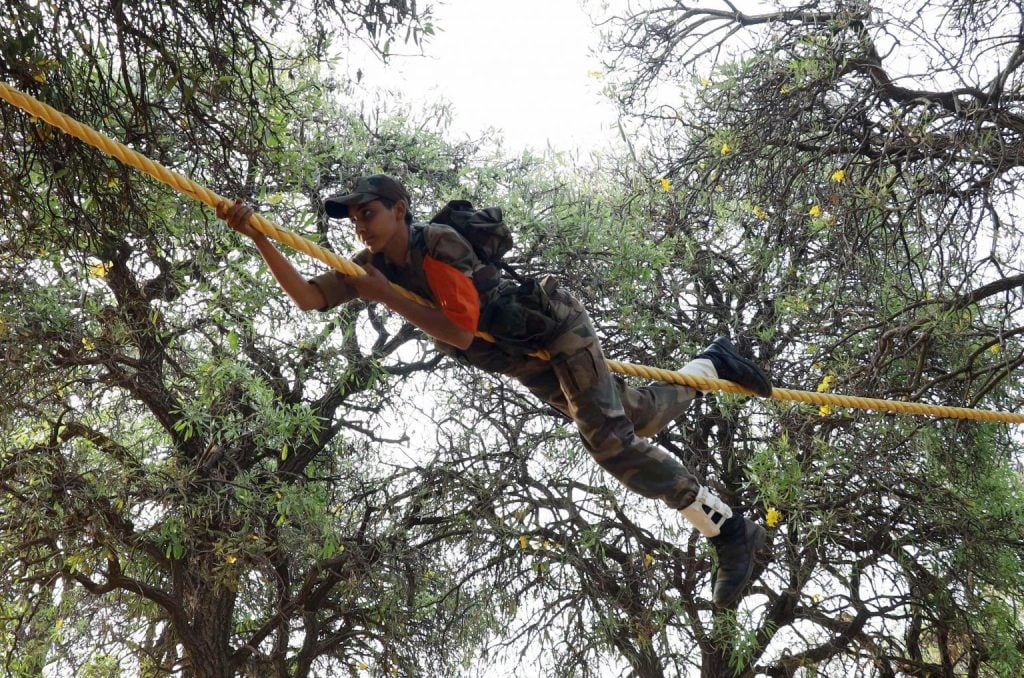
Overcoming Challenges
While maintaining the same standards for men and women is crucial, it is equally important to acknowledge and address the unique challenges that women may face in meeting these standards. Providing additional support, such as tailored training programs and access to specialists like physiotherapists and nutritionists, can help women prepare for and meet the demands of the Special Forces training. Furthermore, tackling institutional and societal biases that could act as barriers for women is also critical.
Also Read | Top 7 Military Habits for Defence Aspirants
Conclusion
The challenges outlined in this article are significant, but they are not insurmountable. Other nations, such as the United States and Israel, have successfully integrated women into combat roles, including their special forces, suggesting that these barriers can be overcome with the right policies and training protocols.
It is important to note that capability and performance in the Special Forces should be determined by an individual’s physical and mental strength, resilience, and dedication, regardless of gender. By continuing to challenge stereotypes and push for inclusion, the Indian Armed Forces can pave the way for a more diverse and resilient future.
FAQs
1. Can females join special forces in India?
Women have been allowed to join the Garud Commando Force in the Indian Air Force and the MARCOS in the Indian Navy.
2. Is there a female Navy Seal?
Additionally, the first female special tactics officer graduated from the Air Force in 2022. However, despite these efforts to include more women, there are still no female Navy SEALs. Navy Captain Jason Birch discussed the Navy’s initiatives to boost the number of female candidates in special warfare.
3. Which branch of the military is best for females?
The Air Force is recognized for having the highest proportion of women enlisted, with around 20%. It is frequently praised for its focus on work-life balance and its emphasis on non-combat roles, such as cybersecurity, intelligence, and logistics.
4. Is Indian Navy good for girl?
The Indian Navy provides numerous benefits to women officers, such as opportunities for advanced training and specialization, a work environment that promotes gender inclusivity and diversity, and the privilege of serving the nation with pride and honor.
5. Are girls allowed in Indian special forces?
With the exception of the Indian Army, which inducts women for support roles, and the Indian Special Forces, all branches of the Indian Armed Forces permit women to serve in combat roles at junior ranks and in combat supervisory positions as officers (in a trainer capacity only).

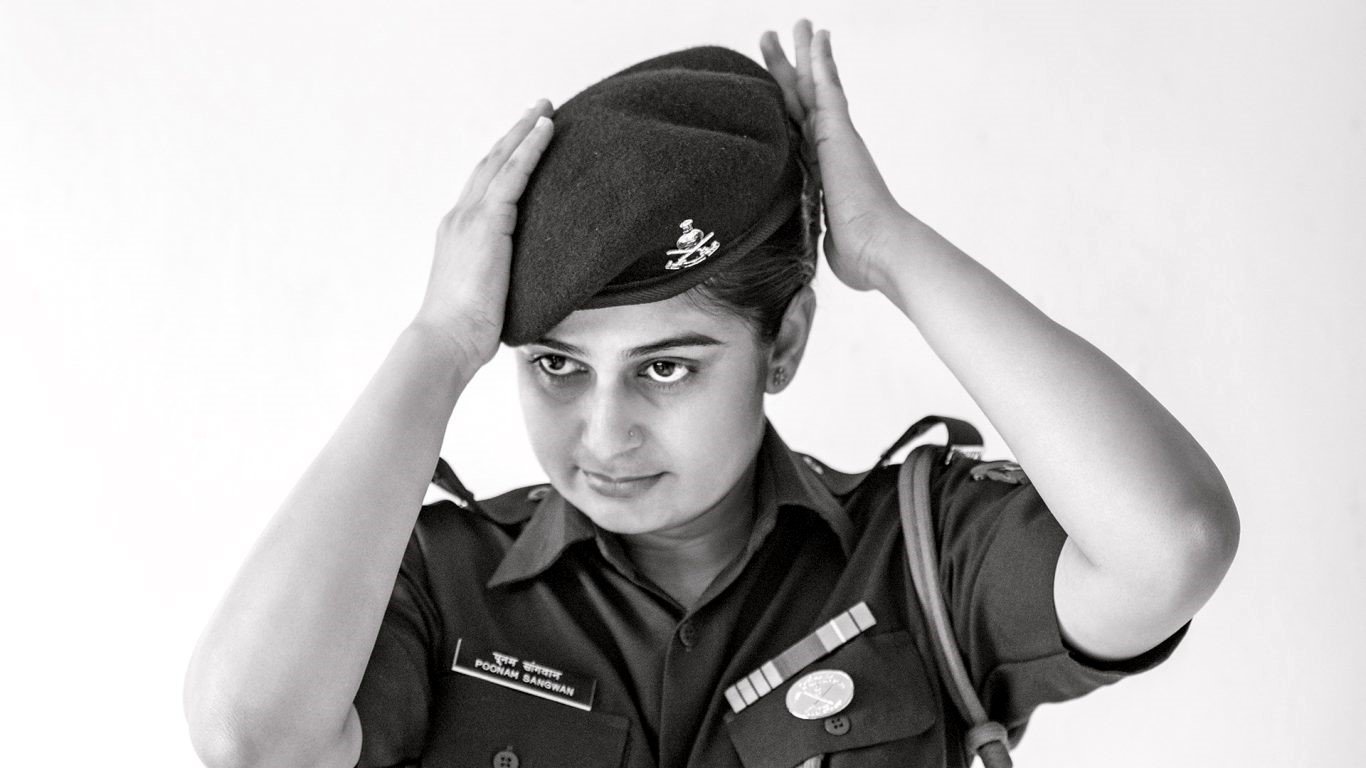

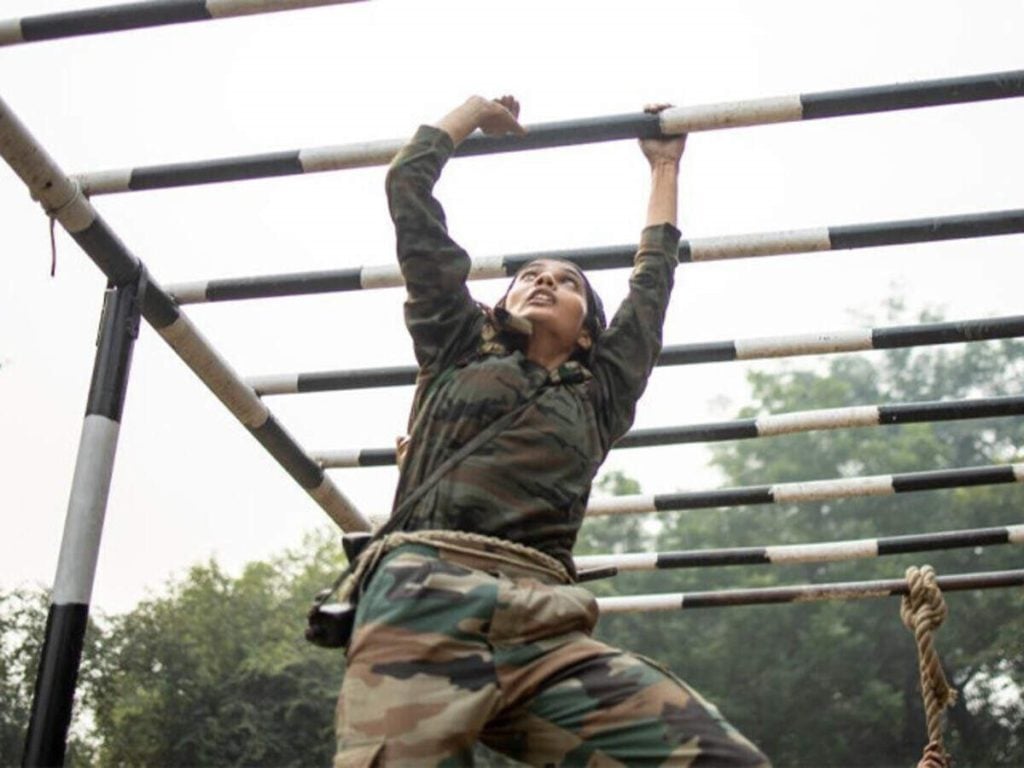
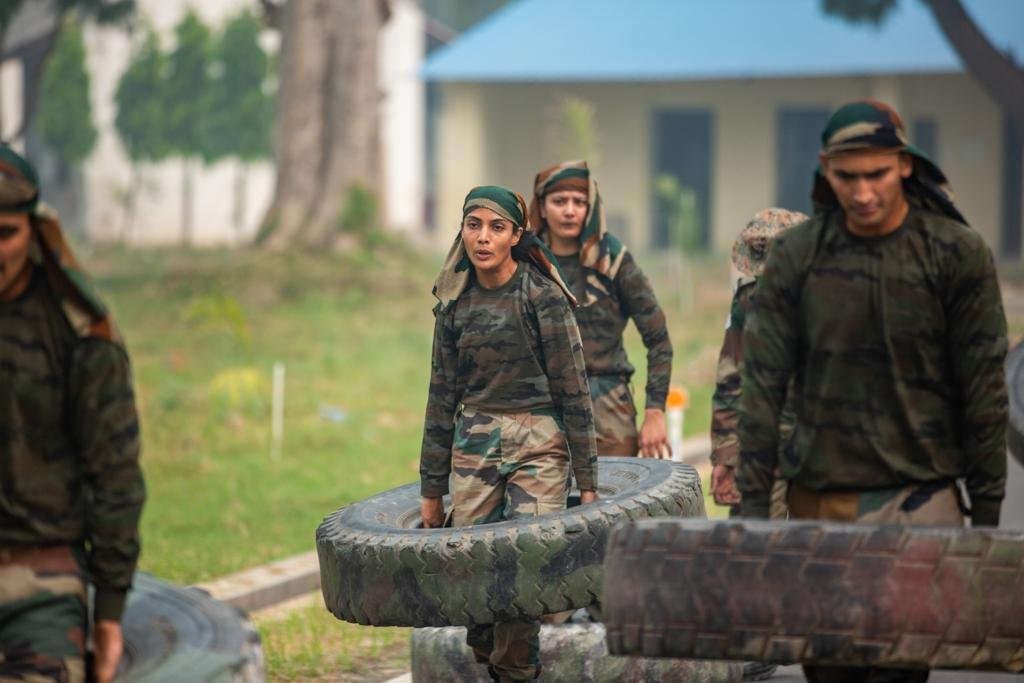
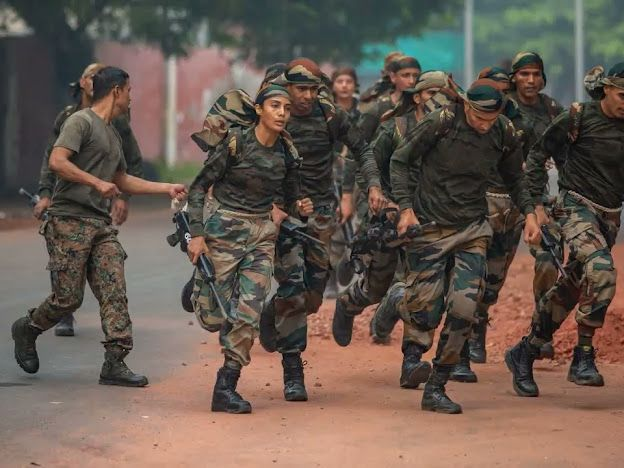
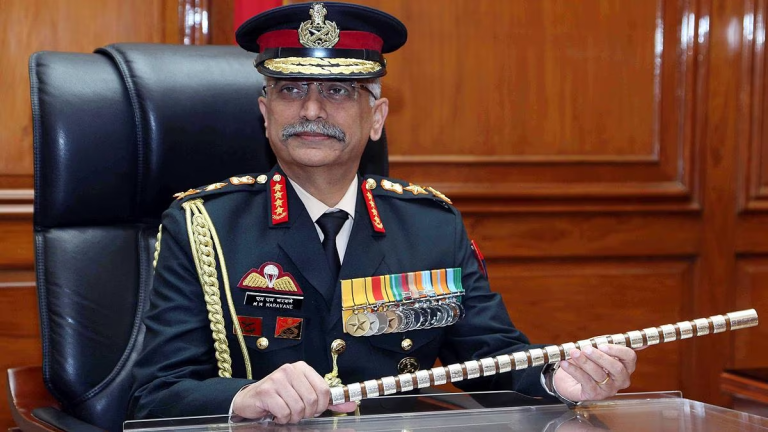
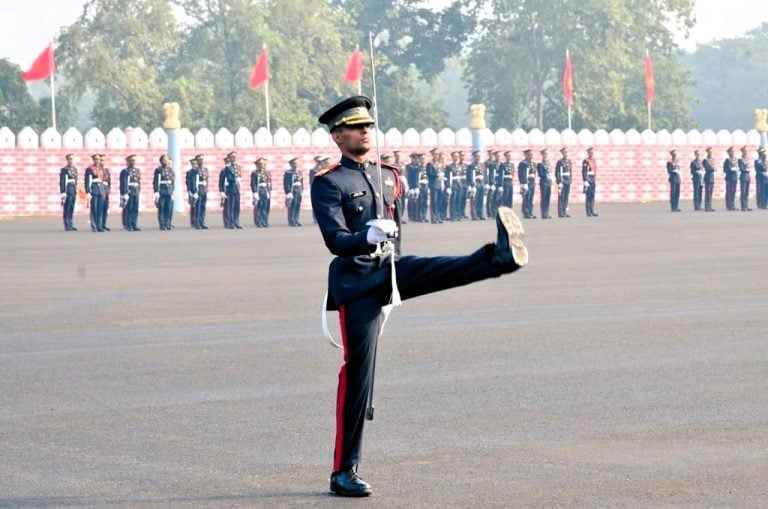
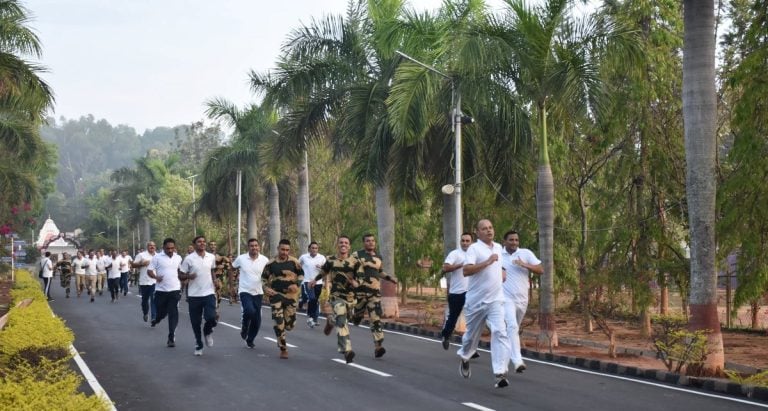
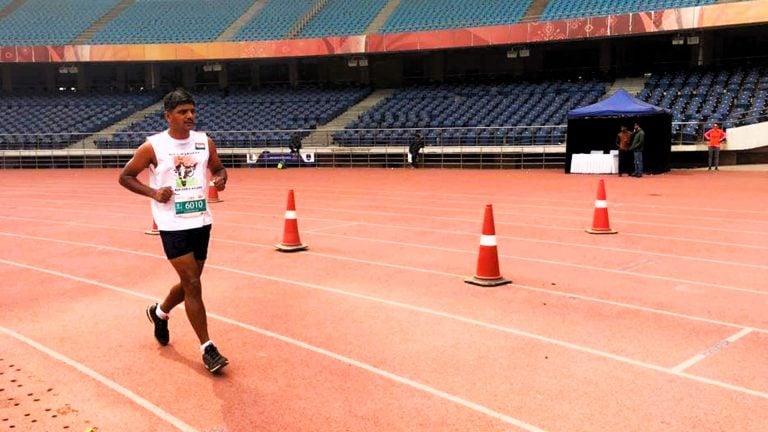
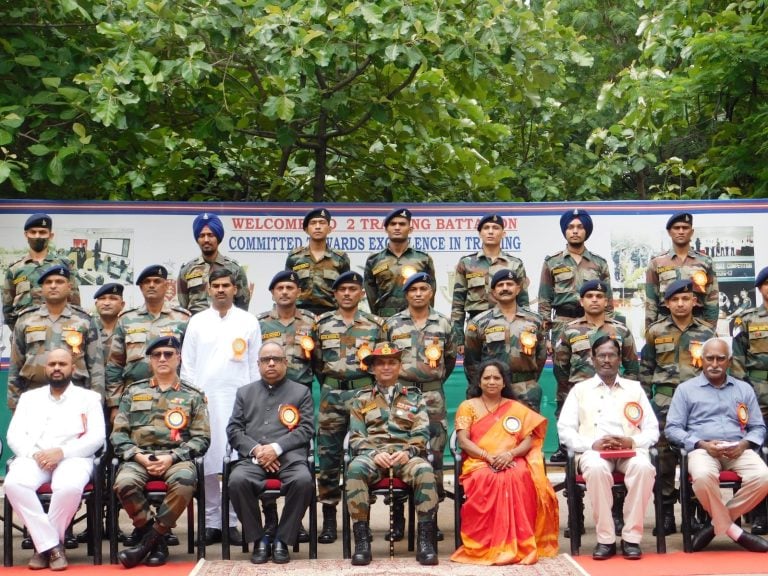
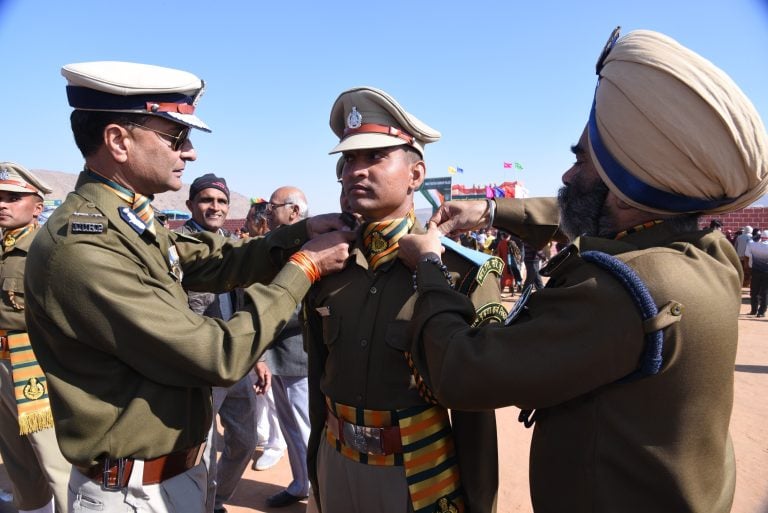

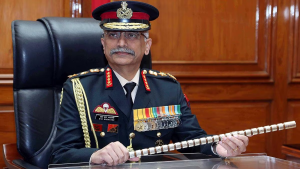
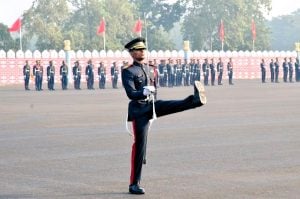
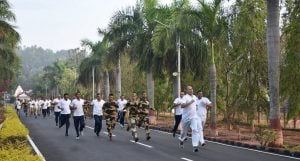
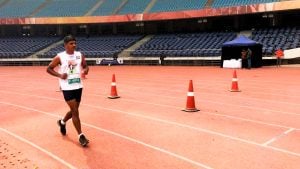



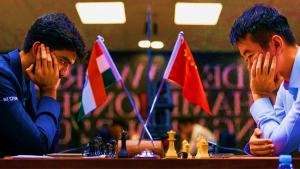

This is the worst websites I have ever visited, though not because of the content. In fact, the content you post is good and knowledgeable . However, the real issue lis with the excessive ads on the site, which are disruptive and make it feel like a third-party or unauthorized site. Every time I enter, it redirects me to the Play Store, which is really frustrating.
While your content is knowledgeable , motivating and inspiring .I strongly urge you to improve the user experience by minimizing unnecessary ads and distractions. If your goal is truly to spread knowledge, then making the site easier to use and read would be much more effective.
Thankyou